Here is a collection of photos, provided by listeners, as well as excerpts from Gene Gill’s Historic Memphis website that showcase Memphis’ vibrant history in broadcasting. (Excerpts from historic-memphis.com)
WHBQ
became famous in the 1950s for playing rhythm and blues. Its legend was made by Dewey Phillips, a disc jockey who played rhythm and blues music on his 1949-56 night-time show “Red, Hot and Blue”, which was broadcast from the mezzanine of the Chisca Hotel. In 1954, Phillips played a recording of “That’s Alright Mama”, marking the first time an Elvis recording was played on the air. And Elvis’ first radio interview was also conducted in the hotel by Phillips. For many years WHBQ was owned by RKO and was like a tryout for young, aspiring DJs like Rick Dees and Wink Martindale. They worked there in hopes of being moved to bigger markets like Boston, New York, and Los Angeles. Jack Parnell helped usher in the rock and roll era on WHBQ with his deep resonant voice – frequently referred to as “the voice of God”. In 1960, WHBQ became “Boss Radio” . By the 1970s, they could no longer compete with the FM stations. In 1988, RKO sold the station to Flinn Broadcasting. Today the focus has shifted from music to sports.
WHBQ-TV began operation on September 27, 1953. It was originally a CBS affiliate but lost that when WREC-TV signed on. WHBQ-TV then took the ABC affiliation full time. It is Memphis’ second oldest television station, and the only one that has never changed its call letters or channel location. It began as WNBR. Today, it is affiliated with the Fox Network.
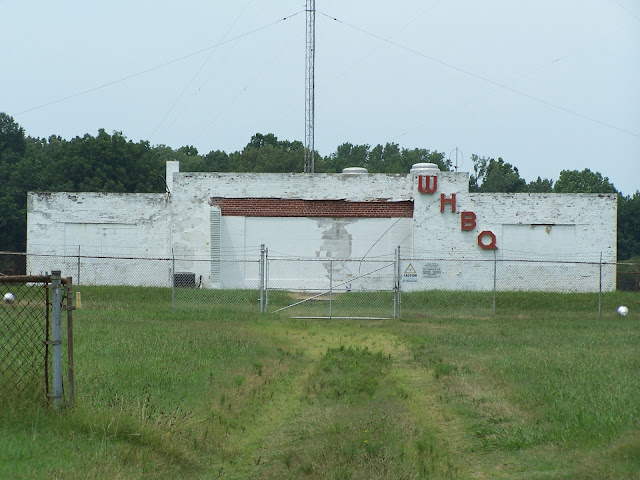

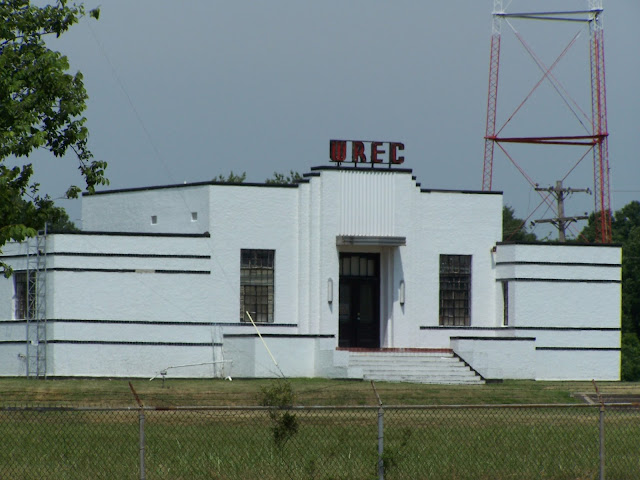
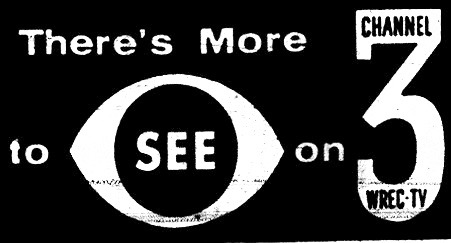
WREC
signed on for the first time on September 22, 1922 as KFNG. It was owned by electrical engineer and radio dealer Hoyt Wooten and operated from his father’s home in Coldwater, Mississippi. In 1925, he moved the station to Whitehaven and changed its call letters to WREC. In 1929 WREC moved to studios in the basement of the Peabody Hotel, where it remained for over 40 years. WREC became well known as a major factor in local radio, featuring popular shows and personalities. Sam Phillips began his disc jockey career at WREC. In 1955, the station was granted the right to operate a TV station and on December 31, 1955, WREC-TV began operation as a CBS affiliate. Wooten sold his stations to Cowles Communications in 1963. In 1971, the call letters of WREC-TV changed to WREG-TV.
WMC
is one of the few surviving radio stations in the U.S. to use its original call letters. The station’s first broadcast was January 19, 1923. The transmitter and tower were on the top floor of the old Commercial Appeal building. Although Memphis was segregated, early programs featured late night concerts from blues singers. Bessie Smith performed at WMC in October of 1923. In 1927 WMC gave Memphis and the mid-south its first network programs when the station affiliated with NBC. In the 1930s, WMC was still owned by The Commercial Appeal and carried the NBC Radio Red Network. A transmitter building and tower were constructed on Highway 70. That tower is now gone, but the art-deco building is still there. In 1931, new studios were dedicated at the Hotel Gayoso. Comedian Milton Berle was master of ceremonies. WMC also broadcast a number of country and western artists from the old Goodwyn Institute Building. Weatherman Dave came to WMC in 1977 and stayed for 30 years. In 1973 WMC became the first 24 hour full-time country station in Memphis. By 1989 it switched to News/Talk. Today, it is the city’s oldest radio station and presently programs a sports format. WMC spawned the TV station WMCT.
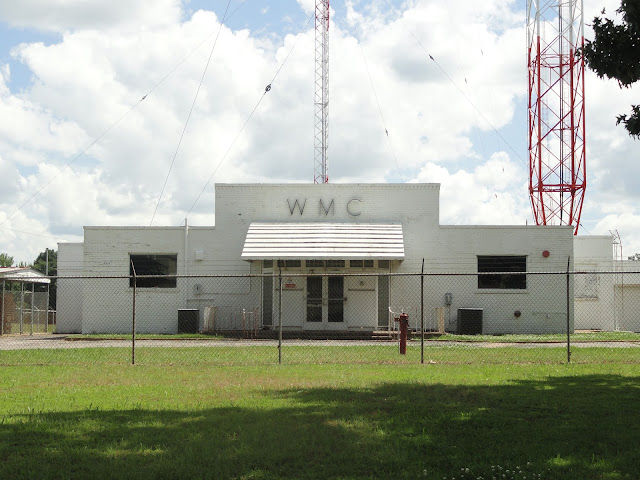
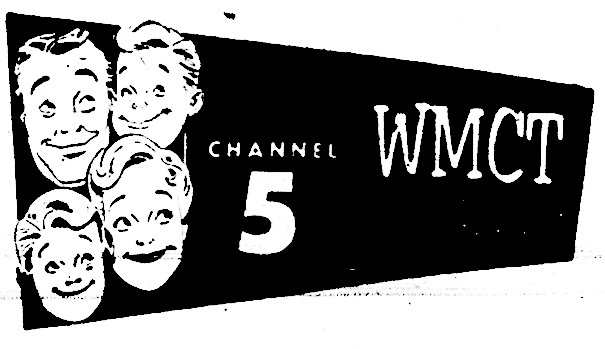
Station Letters
WHBQ
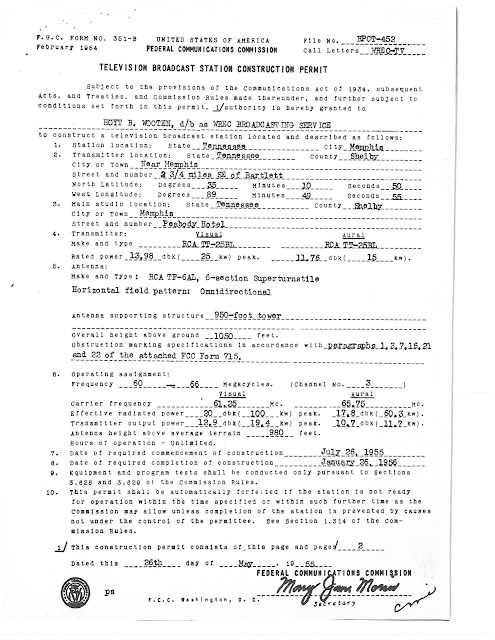
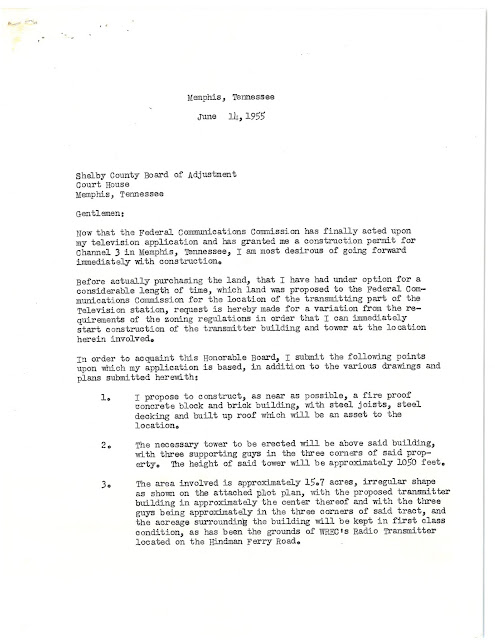
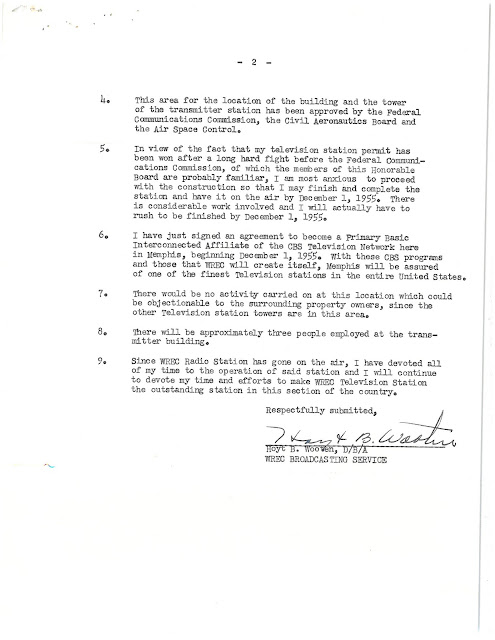
WMC
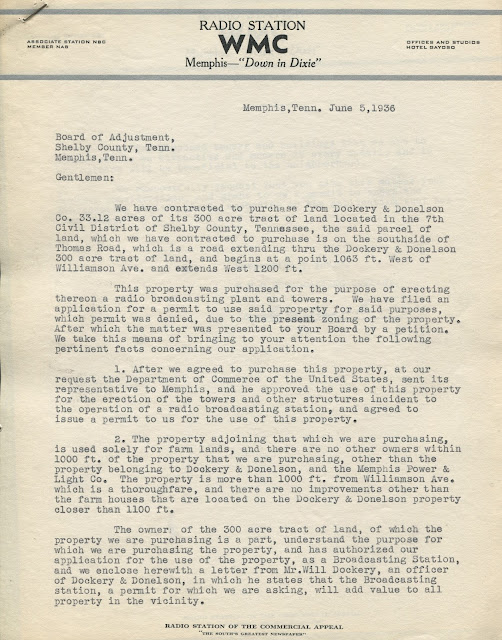
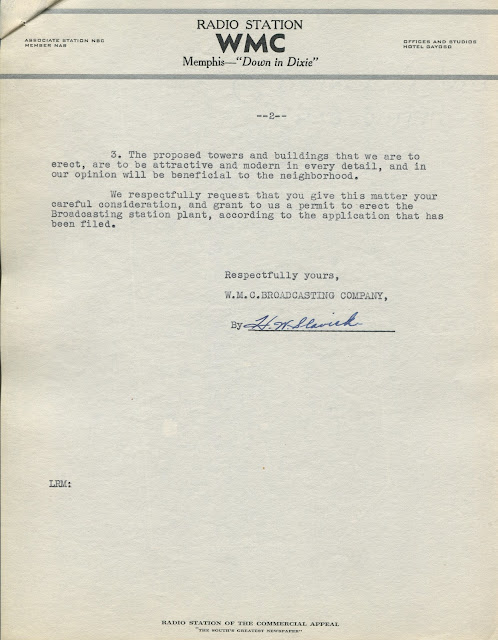
WKNO
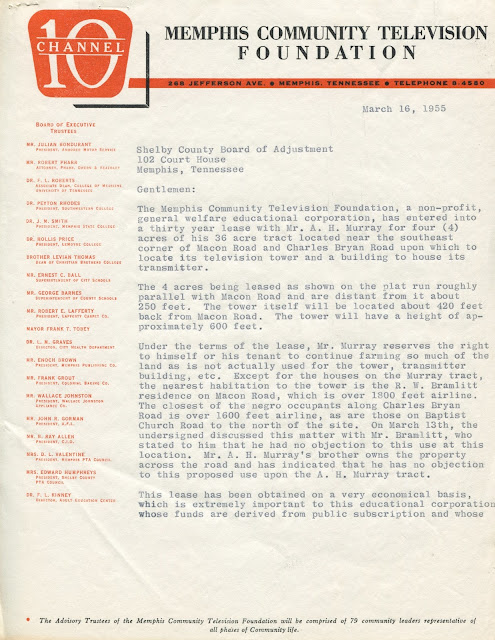
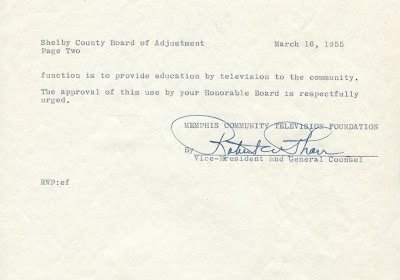


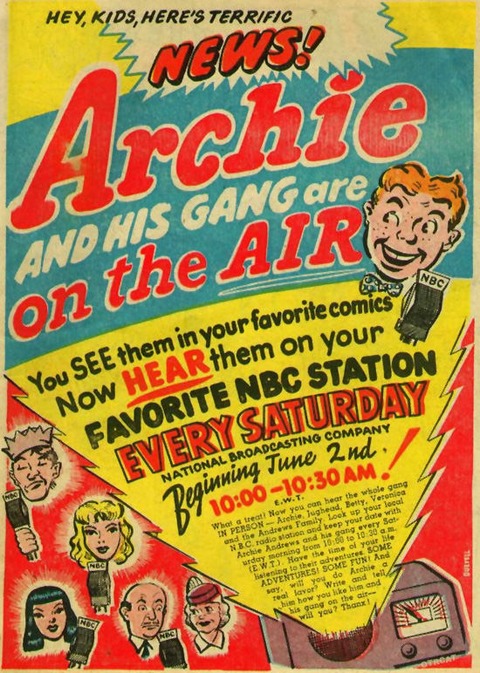

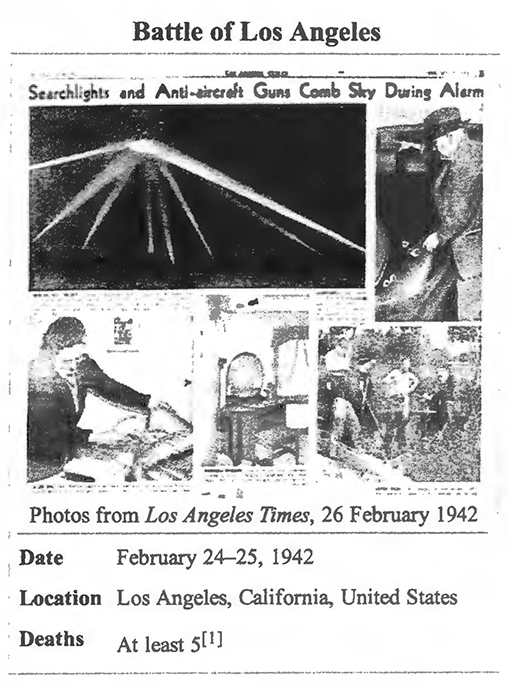
Leave a Reply